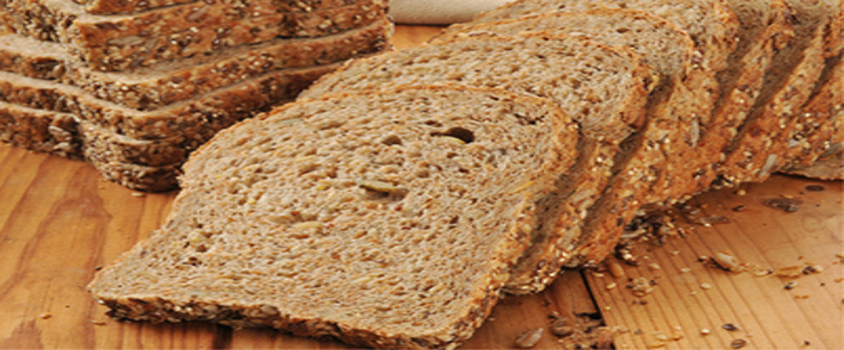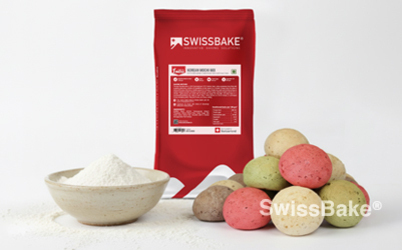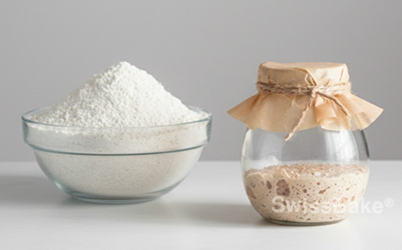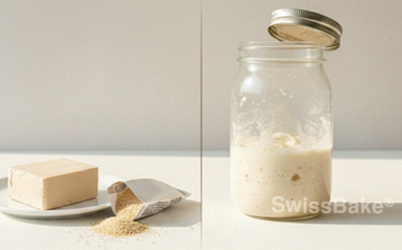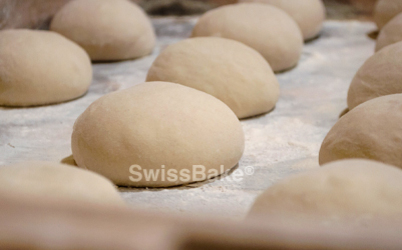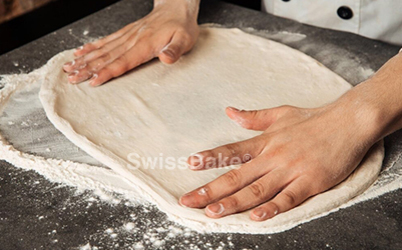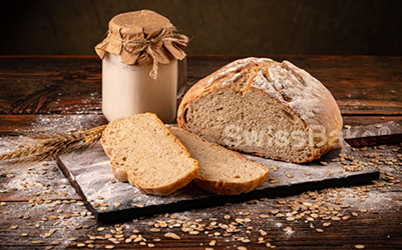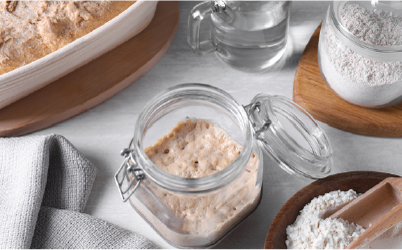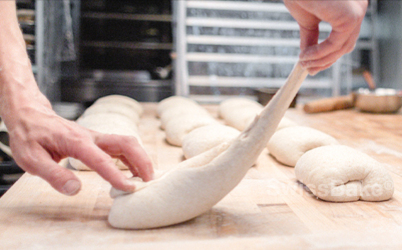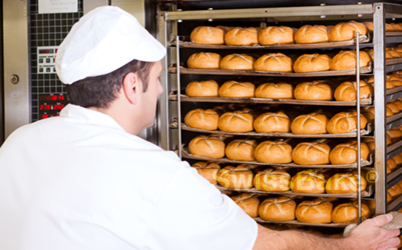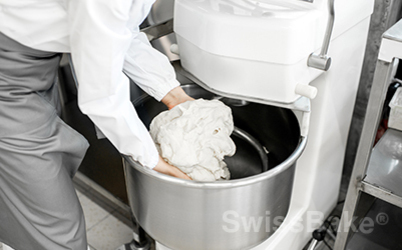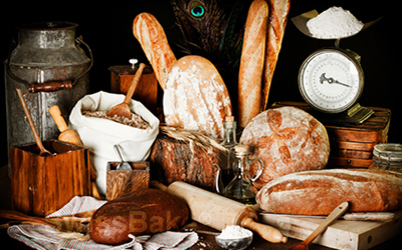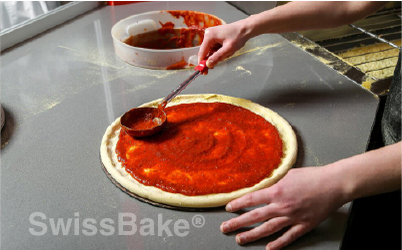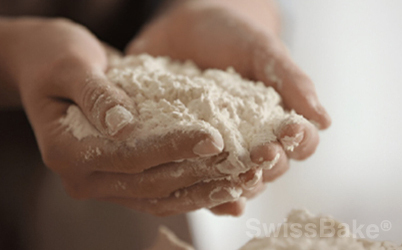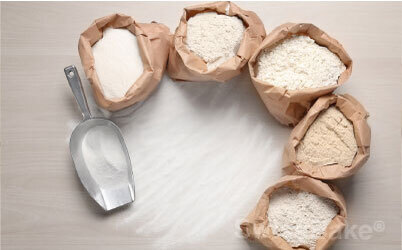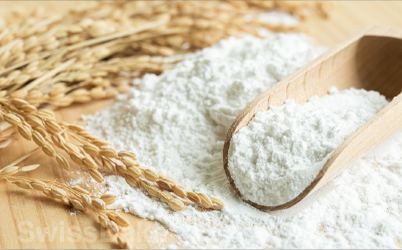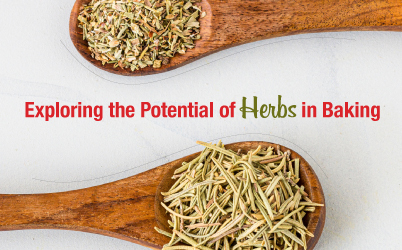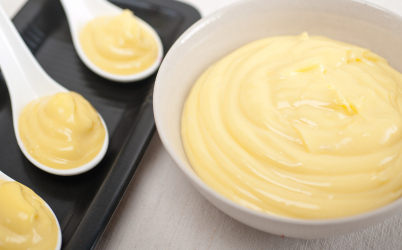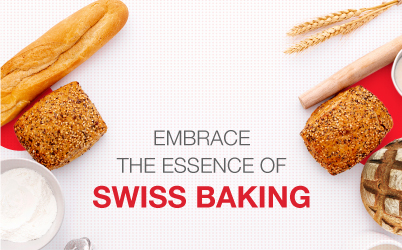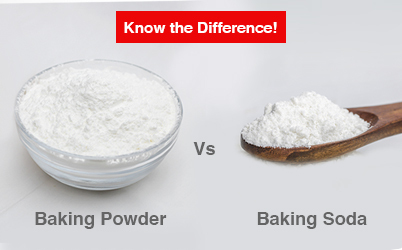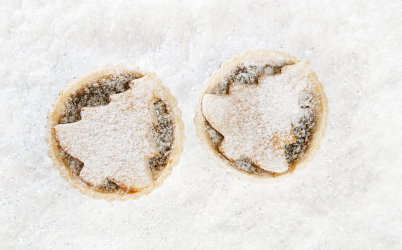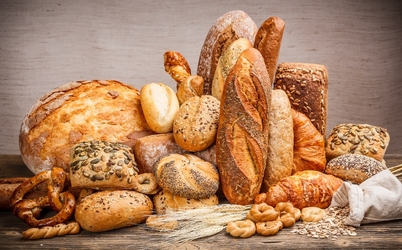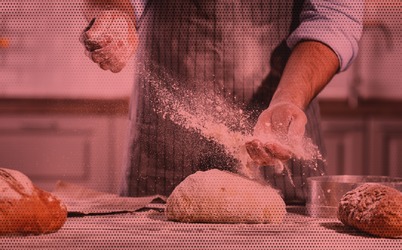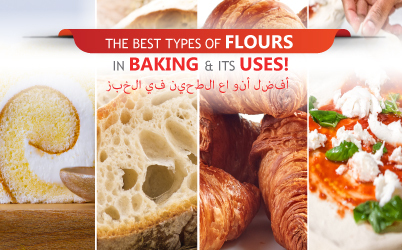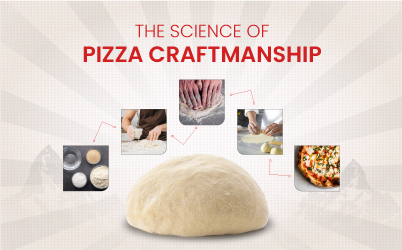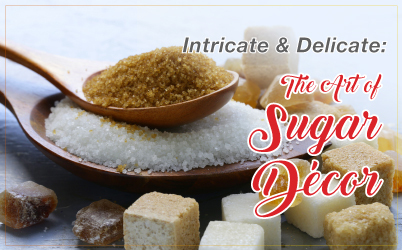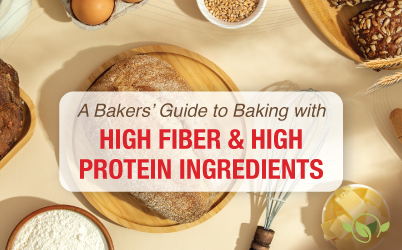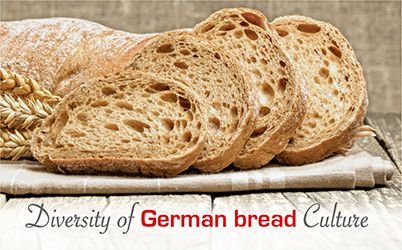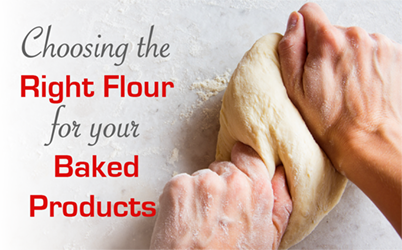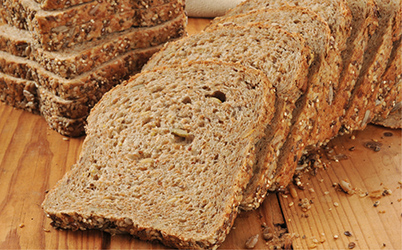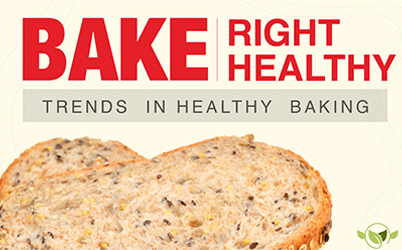Factors Influencing The Oven Spring Of Your Bread
To begin with, let's understand what oven spring of bread really means?
It is nothing more but the final rise of the dough in the oven during the process of baking. It is one of the critical factors considered by every commercial baker while baking bread as it dictates the final volume as well as the texture of the baked bread.
As simple as it might sound, the science behind oven spring is deep and there are various factors that are at play during the process of baking that have an impact of this parameter.
An important factor affecting oven rise is the proofing of the loaves. When the dough is proofed the chemical reactions between the yeast and the flour’s sugar releases CO2 thus fermenting the bread. Decomposing enzymes like amylases and proteases in the flour are also at play and the combined effect of these enzymes with yeast define the dough structure and inflates the dough during proofing. An under proofed loaf will not give the desirable oven spring and an over proofed loaf would lead to loaf collapse during baking. In essence, a properly proofed bread is crucial for a perfect oven spring to its maximum potential.
Once the dough has been proofed properly, the next thing on the checklist is the temperature inside the oven. It is absolutely crucial to place your dough in an oven pre heated to 230ºC. Set this temperature at least 30 min before you plan to bake your bread. Oven spring occurs primarily in the first ten minutes of baking so ensuring the right temperature during this period is critical. Once the oven reaches the desired pre heating temperature, you can keep your loaves for baking.

Another factor affecting oven spring especially in case of artisan breads is scoring. This is nothing but making decisive cuts in your dough with a blade or paring knife. Once the loaves go into the oven for baking, under the influence of heat the fermentation, the respiration processes of yeast speeds up releasing CO2 which expands under the heat causing the loaves to rise. Without scoring, the loaves face the risk of rupturing which happens when the gluten matrix of the flour over expands (due to CO2 release) and collapse before it has had the time to fully set and hold its shape. Scoring helps in venting out these gasses through controlled spaces and thus allows our loaves to rise fully. An important thing to take care of while placing the loaf in the oven is its proximity to the heating element as this maximises oven spring.
Surprisingly enough, the steam inside the oven also has a significant impact on the oven spring. Steam being a better conductor of heat, its influence in the initial phases of baking allows the loaf to heat up more quickly right to the center. As mentioned earlier because oven spring happens in the first ten minutes while baking, the steam facilitates a proper and quick rise. Even though steam re-evaporates quickly the added moisture in the oven keeps the dough surface pliable allowing for an oven spring with minimal resistance.
Baking breads is an art and breads are amongst the oldest foods known to man today. Understanding the science behind baking will help us master this art and create artisan breads baked to perfection.
We hope the information in this blog has been valuable to you. Do share your comments, queries or concerns regarding this blog with us.
Have a topic in mind you want us to write on? We are open to hearing from you. Kindly write to us on support@swissbake.ch.
Thank You for reading.

